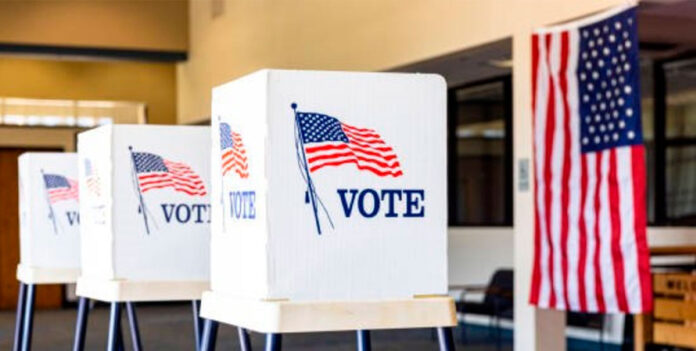Nonprofits often rely on local, state, or federal programs that allocate funds for their special interests, making them a vital part of our democratic landscape. These organizations typically obtain program funds through generous donors and various fundraising mechanisms, which often classify them as 501(c)(3) entities. This classification allows donations to be tax-deductible but limits their ability to engage in political activities.
Some organizations have also incorporated as 501(c)(4) entities, which permits them to make political donations and endorse candidates. These nonprofits generally exist to advocate for changes in rules, policies, or laws that would benefit the communities they represent.
Many of these organizations are hesitant to engage in voting issues, fearing that they might inadvertently break the law. However, it is clear that all nonprofits can engage in nonpartisan voter registration and turnout efforts as long as these activities are not candidate-directed or conducted on behalf of a political party.
Simultaneously, these communities can advocate on various issues such as clean river projects, bicycle lanes, after-school programs, progressive judicial practices, opposition to the death penalty and abortion rights. Community groups often utilize tactics such as visits with elected officials, letter-writing and petition campaigns, marches, demonstrations and even civil disobedience to reach politicians or corporate leaders.
For instance, if a politician receives a petition with 10,000 signatures but only 300 are from voters in their legislative district, there may be little urgency to respond. However, if 9,700 of those signatures are from district voters, it could significantly impact their attention and actions.
Additionally, these community groups can influence donors to reconsider their contributions based on specific issues. Public records of candidates’ funding sources can be used to either affect this giving or raise funds to strengthen advocacy efforts.
It’s remarkable that the National Rifle Association (NRA) is still considered a nonprofit organization, and some evangelical churches can spread their political agendas without sanction. Major corporations are increasingly wary of being taken to court and forced to change their policies, as seen with the tobacco industry and automobile companies to ensure community safety.
The power of nonprofits is extraordinary. Historical examples like the Montgomery Bus Boycott, the Grape and Lettuce boycotts, and the divestment from South Africa demonstrate the potential impact of organized, dedicated efforts. These movements required immense work and sacrifice but ultimately succeeded.
Community groups have a plethora of tools at their disposal to change their circumstances. It is crucial that they organize, educate, and motivate community members to realize their power — people power. If a local or county group can increase the percentage of registered voters and voter turnout each year, they will soon capture the attention of politicians.
Consider this: the last presidential election was decided by less than one percent of votes in four states, accounting for 57 electoral votes. Elections at the local and state levels have been decided by margins as small as 300 to 1,000 votes. If an organization can deliver voter turnout, they will not be forgotten. Every vote is crucial.
Many excellent nonpartisan voter registration organizations already exist, and nonprofits should collaborate with them. At the very least, these nonprofits should ensure that all of their members are active voters.
Democracy depends on our participation in government, and one of the best ways to do that is to encourage everyone — yes, everyone — to vote. It’s not enough to vote yourself; you must also get your family, friends and associates to vote. Remember: You can make the difference!







